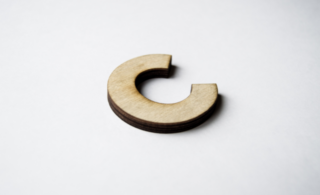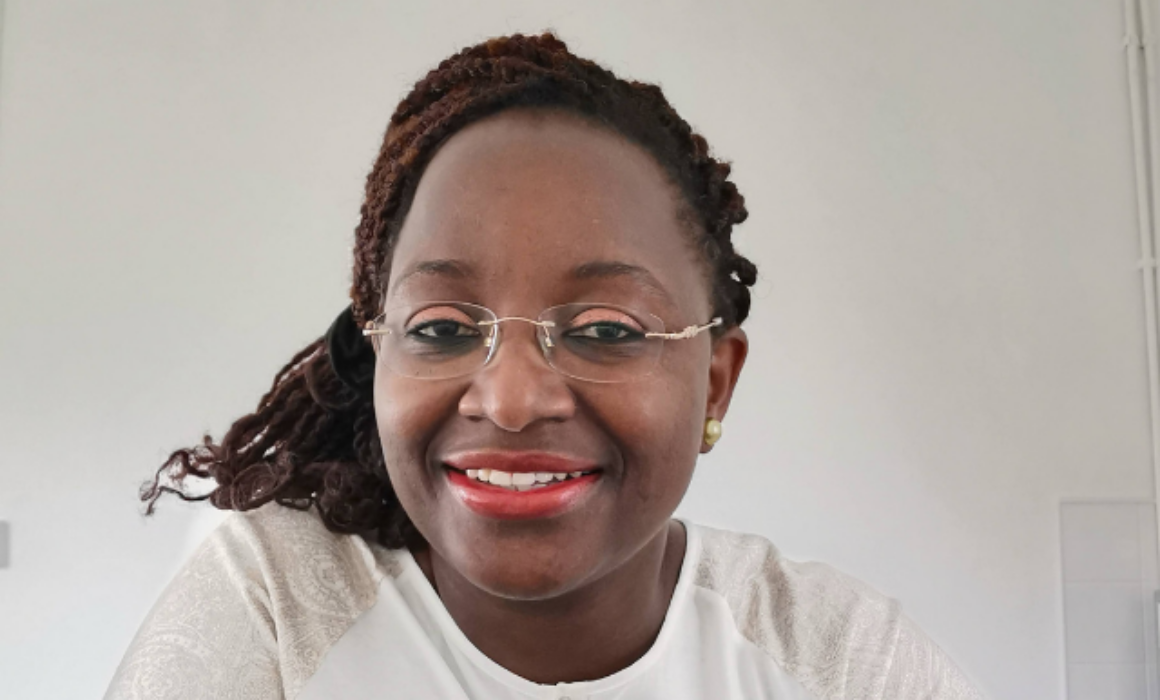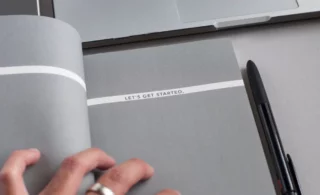
Let's Nail Breast Cancer - Help support our urgent appeal on the 19th - 20th May 2024
Let's Nail Breast Cancer - Help support our urgent appeal on the 19th - 20th May 2024
Let's Nail Breast Cancer - Help support our urgent appeal on the 19th - 20th May 2024
Let's Nail Breast Cancer - Help support our urgent appeal on the 19th - 20th May 2024
Let's Nail Breast Cancer - Help support our urgent appeal on the 19th - 20th May 2024
This article provides some practical tips on how you can continue to live well no matter how breast cancer has impacted your life.
By Bamidele Adenipekun
You can’t prepare yourself for a breast cancer diagnosis
A diagnosis of breast cancer is something that nothing can prepare you for. Whether you have read about it or heard of someone who went through it, the impact doesn’t become real until you or a close loved one becomes part of the club that no one signs up for. The chaos and upheaval that ensues are often exhausting physically as well as emotionally. As you go on the journey, it can be frustrating to realise there are many things out of your control.
The good news is that there are practical things that you can do to reclaim lost vitality so that you can live well no matter how breast cancer has impacted you. Before I dive into those, a bit about me.
Breast cancer has been in my life a long time
Breast cancer has been part of my life for 31 years. First through my late mother’s diagnosis when I was her carer as a teenager until she passed away at the age of 46. Unfortunately, the rogue (that’s my name for cancer) struck again with my late sister and then my own diagnosis. At the age of 37, I underwent risk-reducing bilateral mastectomy with immediate reconstruction. I thought I was home free only for breast cancer to be found that didn’t show up on my previous mammogram. To say that I was shocked is an understatement. Thankfully, it was caught early so my prognosis has been good in contrast to my late sister who also passed away aged 46. After my diagnosis, I decided that I won’t be crushed nor defined by breast cancer. I wanted to thrive and flourish.
This set me on a path of rediscovery as I reclaimed my confidence, made important life changes and embraced life in a way I previously didn’t. This inspired me to pursue my dreams and equip those impacted by cancer with the tools to thrive after diagnosis.
My take on survival
You see, I believe that survival is a bus stop not a destination after all, you only live once.
With the above history, I have worn the shoes of patient and loved ones alike and I know how draining breast cancer treatment as well as its aftermath can be. This goes beyond the physical as breast cancer takes a hit at every part of your life.
Having practical tools to regain your strength is a crucial part of living well with breast cancer. Before you can start reclaiming your energy, there is a need to address a part that most people often miss after diagnosis: the energy-drainers.
By this I mean things that deplete you physically, mentally or emotionally.
This is a good time to pause for about 30 seconds or so.
What are your energy stealers?
Do you even know what your energy stealers are? Chances are, you probably don’t. That’s perfectly fine.
Now get a journal and pen to make a list of all the things, places and experiences that sap out your energy at the moment. You might be thinking that this is a long list but don’t let that stop you. The important thing is to make a start with whatever comes to mind for now.
Energy-stealers after diagnosis can be put into 2 categories:
- Unavoidable – side effects of treatment, physical limitations, emotional impact on you and loved ones, change of life circumstances and so on.
- Avoidable – unpleasant environments, people who have unrealistic expectations of you etc
With respect to unavoidable energy-drainers, here’s what to do:
- Mitigate – find ways to make things easier for yourself and don’t compare your experiences to that of someone else
- Seek support as required – no matter how strong you were prior to diagnosis; it is important to remember that your body is no longer what it used to be. It is okay to ask for help
- Be mindful of your own limitations – listen to your body
- Don’t suffer in silence – speak up if things aren’t working as they should
With respect to avoidable energy-drainers, here’s what to do:
- Reduce – the stress of dealing with unpleasant situations on top of all you are (or) have gone through is not something to keep living with. Make your voice heard and communicate what works best for you. This is crucial when it comes to close family and friends.
- Eliminate – once you make your feelings known, there are things, places or experiences that you might have to avoid temporarily or permanently to conserve your energy.
- Compromise – there are situations where adjustments might be required for example with respect to your work or previous obligations. Be open to having the necessary conversation so that reasonable compromises that suit you better can be reached.
It is important to realise that the list of things that deplete you would change from time to time depending on what you are going through. So, what the list would look like 0 – 6 months after diagnosis would be very different for someone who is at the 7-year mark but still undergoing treatment.
I would advise that you revisit this list every couple of months. The tips can be applied regardless of whether the issues are physical, mental or emotional. Keep them handy for future reference.
You don’t have to merely exist after breast cancer.
You can thrive and live well daily.
About the author
Bamidele Adenipekun is an author, coach, speaker and founder of Inspired To Soar Ltd. She is a mother of a teenage daughter and they live in Swansea, UK. Find out more at: www.inspiredtosoar.co.uk.
Further information
Future Dreams hold a range of support groups, classes, workshops and events to help you and your carers during your breast cancer diagnosis. These are held both online and in person at the London-based Future Dreams House. To see what’s on offer and to book your place, see here.
To return to the homepage of our Information Hub, click here where you can access more helpful information, practical advice, personal stories and more.
Reviewed July 2023
The information and content provided in all guest articles is intended for information and educational purposes only and is not intended to substitute for professional medical advice. It is important that all personalised care decisions should be made by your medical team. Please contact your medical team for advice on anything covered in this article and/or in relation to your personal situation. Please note that unless otherwise stated, Future Dreams has no affiliation to the guest author of this article and he/she/they have not been paid to write this article. There may be alternative options/products/information available which we encourage you to research when making decisions about treatment and support. The content of this article was created by Bamidele Adenipekun and we accept no responsibility for the accuracy or otherwise of the contents of this article.
Share

Support awareness research
Donate to those touched by BREAST cancer
Sylvie and Danielle began Future Dreams with just £100 in 2008. They believed nobody should face breast cancer alone. Their legacy lives on in Future Dreams House. We couldn’t continue to fund support services for those touched by breast cancer, raise awareness of breast cancer and promote early diagnosis and advance research into secondary breast cancer without your help. Please consider partnering with us or making a donation.



